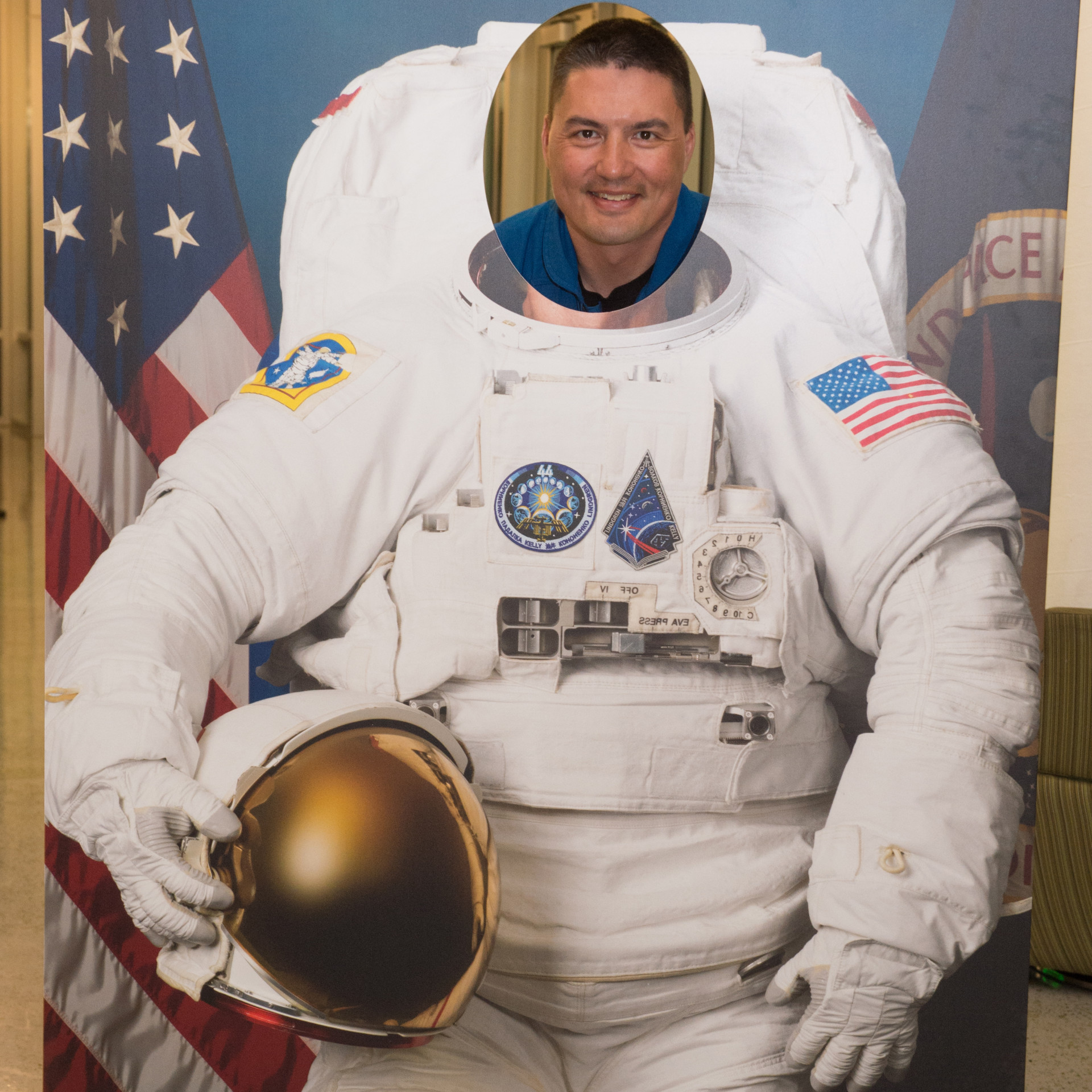
Radiochemical techniques and procedures are used in most branches of chemistry a review of recent progress in radiochemistry must therefore be selective if it is not to cover too wide an area and to repeat consideration of topics covered on other sections of Annual Reports. This includes nuclear medicine and chemical aspects of nuclear power plants, namely the problems of nuclear wastes and nuclear analysis (both bulk and surface analysis), with the analytical methods based on the interactions of Separate chapters cover each main area of recent radiochemistry. Drawing on 40 years of experience in teaching and research, this concise book explains the basic principles and applications of the primary areas of nuclear and radiochemistry. The field of nuclear and radiochemistry is wide-reaching, with results having functions and use across a variety of disciplines. The final section discusses the impact of radioactive substances on the environment and the need to train more radiochemists in view of their declining numbers is stressed. A section on the chemical effects of nuclear transformations is included. The production of isotopes and the importance of labelled compounds to nuclear medicine is emphasised. The impact of nuclear fission and fusion on chemistry is discussed. The new book, ' Radiochemistry', is reviewed. This chapter is concerned with recent advanced in radiochemistry. It incorporates recent advances in nuclear physics, such as identification of quarks and their properties, and the discovery of proton emission This book provides background in the theory of nuclear and radiochemistry, and describes production of radio-elements, nuclear reactor design, and use of radio-nuclides in industry and research. The author presents a survey of radiochemistry, addressing theoretical aspects, such as properties of man-made elements and decay laws, and practical aspects, including nuclear reactor chemistry, and measurement of radiation. These three factors are essential for sustaining the radiochemistry education and research program at any academic institution. These faculty members contribute to a diverse curriculum in radiochemistry, and the Chemistry Department now enjoys a significant increase in the number of trainees, the quantity of research expenditures, and the volume and quality of peer-reviewed scientific literature generated by the radiochemistry faculty and the trainees. Using an aggressive hiring strategy and leveraged funds from the state of Washington and federal agencies, six radiochemistry faculty members have been added to give a total of seven radiochemists out of a department of twenty-five faculty members. Since 2002, Washington State University has been building radiochemistry as a component of its overall chemistry program. Nash, Ken Benny, Paul Clark, Aurora Wall, Nathalie Wall, Don Yoo, Choong-Shik Radiochemistry Education at Washington State University: Sustaining Academic Radiochemistry for the NationĬlark, Sue B. Such researches comprise: dosimetry and radiological protection development of techniques and methods of chemical analysis and radiochemistry.


Researches carried out in the ' Radiochemistry Project' of the Agricultural Nuclear Energy Center, Piracicaba, Sao Paulo State, Brazil, are described. International Nuclear Information System (INIS)


 0 kommentar(er)
0 kommentar(er)
